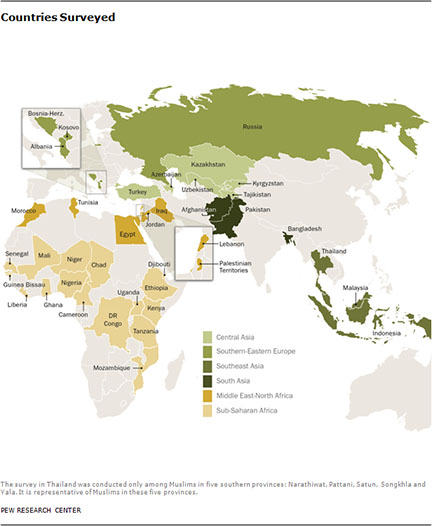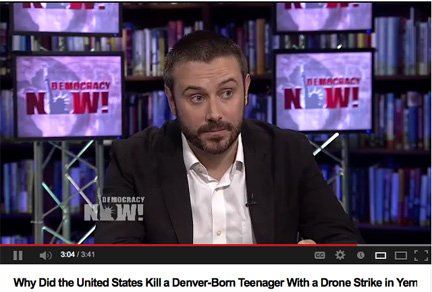
Scene after a massacre in a coastal Syrian village on May 4
Do we care? When the news media report yet another attack on civilians in Syria (or Iraq or Afghanistan or anywhere outside of Boston and New York), do we really care? It is hard to be sympathetic to the picture above without feeling the pain caused by imagining your own child’s body bloodied and lifeless. It is not easy for those of us in the fabled “land of the free†to admit that in war and civil strife everyone is presumed guilty by being in the way of a bomb and only proven innocent as a victim. These are bodies that have stopped growing, faces forever locked into expressions of horror. There can be no rest for these children in the grave for there can be no end to the grief of those who knew them.
But what do we care? It did not happen here. We make sure of that by sending arms to our erstwhile allies and droning anyone abroad who looks like a terrorist. As long as we proclaim our rhetorical support for human dignity, who can blame us? This was the act of a vicious dictator struggling to hold on to absolute power. Asad is Russia’s bastard, not ours. The weapons used to rip apart these childrens’ lives were Cold-War-forged Soviet, not Free World. Thank God, our God of course, there is no “Made in the USA†trademark on any of the bombs used here. But our’s will soon be in play here, as they are in Iraq and Afghanistan and Pakistan and Yemen, and even more children will never be able to play again.
Should we care? We did not know them. There are seven billion of us living and dying on this planet. What does it matter if a few children do not have a chance to live? Perhaps they would die of cancer before their teens or be run over by a car? What if one of these children had grown up to be a violent terrorist and take some of our lives? There are many ways not to look at these dead bodies, not to count them as our own. You can ignore what you see here, quickly click your mouse to escape caring. But tomorrow there will be another picture just like this, perhaps with women or men. Perhaps with soldiers who have little choice but to follow orders or risk their own lives. You need not worry, though, because you will not know any of them, not their names, not the sound of their laughter, not their dreams, not the goodness that shines through in every corner of our globally disconnected world.
So go ahead. Ignore what you see. Thank your God it’s not about you. Life goes on here no matter how many lives end over there. They say a picture is worth a thousand words. I have said what I want to say in less than 500. The rest is up to you.




 Art from
Art from 
